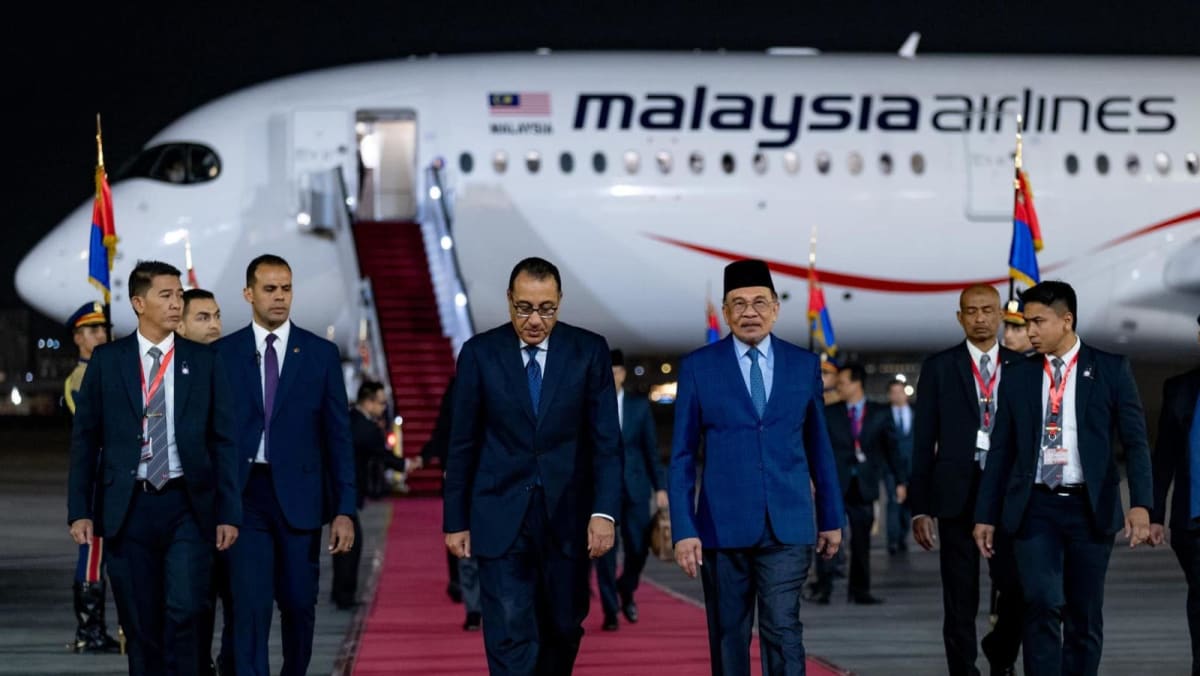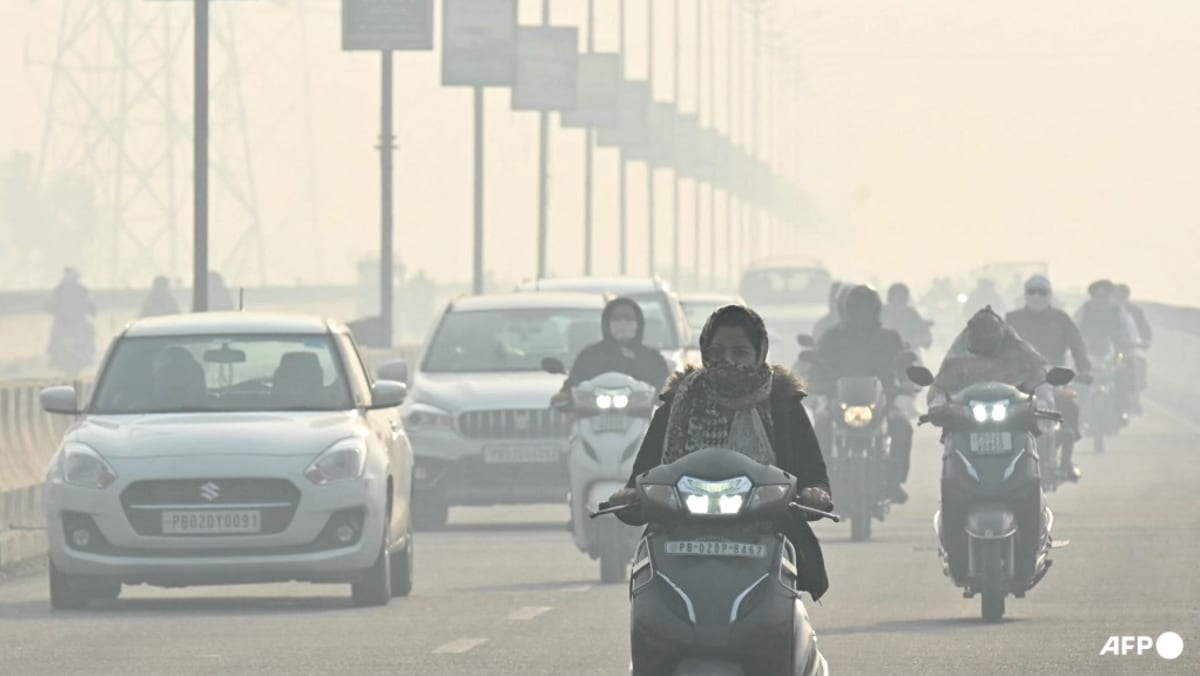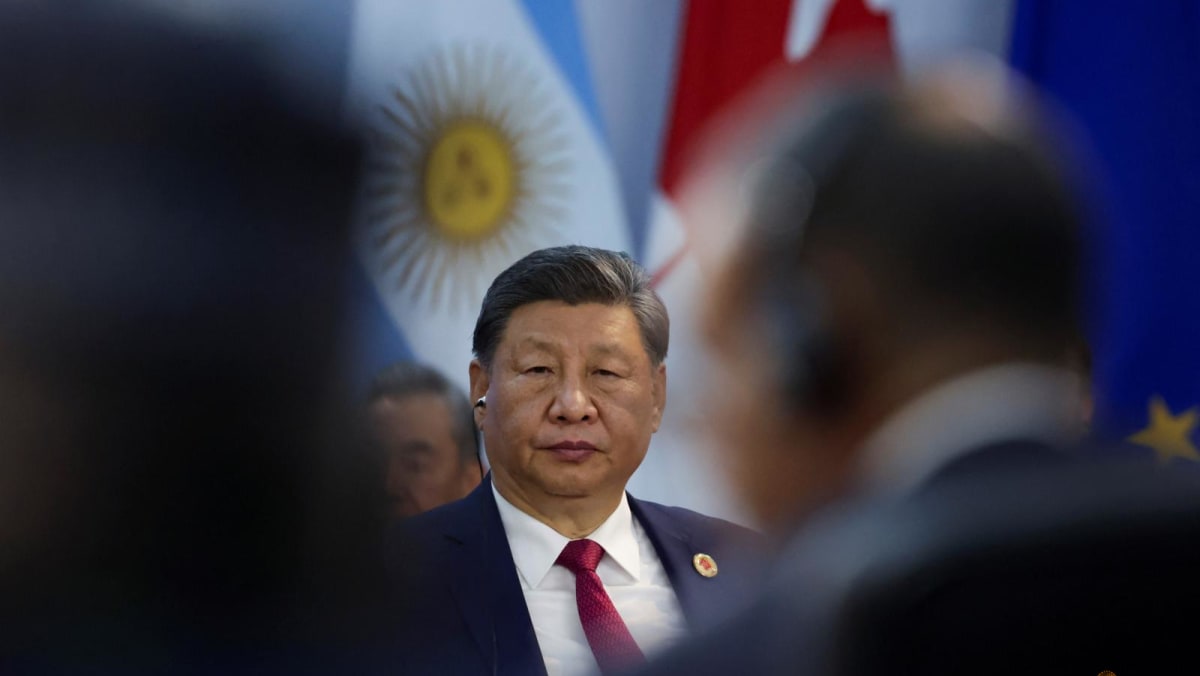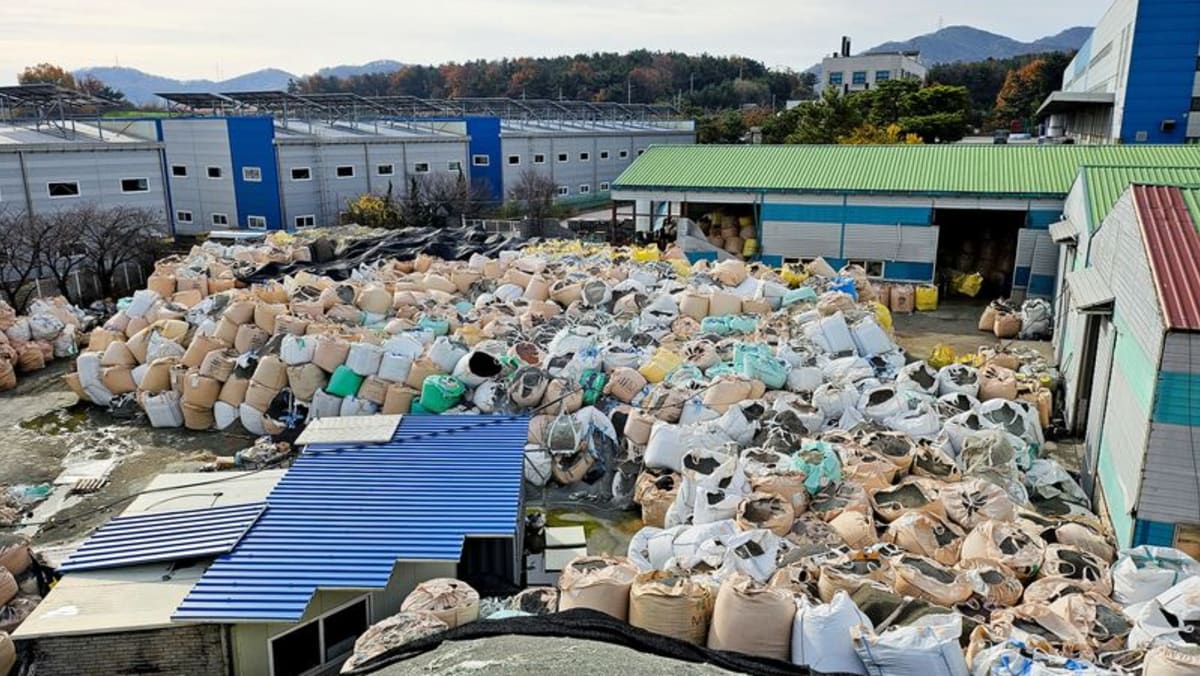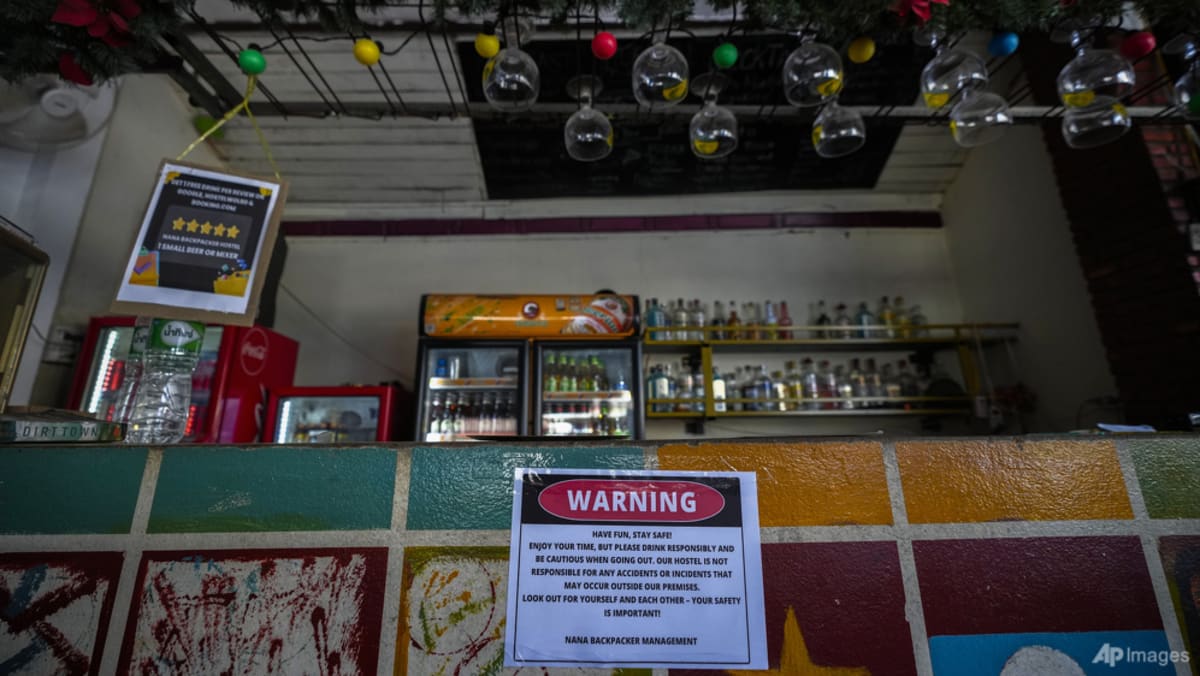Commentary: How China can reassure nervous foreign investors before it’s too late

HONG KONG: China’s President Xi Jinping and his US counterpart Joe Biden look set to meet in San Francisco later this month. They will no doubt focus on the Taiwan issue, the most significant challenge to a stable US-China relationship, but how to manage the “securitisation” of the bilateral economic relationship should also be a priority.
Beijing has accused Washington of playing up concerns about the security implications of their economic ties since 2018, when the Trump administration launched the trade war. Biden’s administration has escalated it into a chip war aimed at stifling China’s progress in cutting-edge technologies.
To Beijing, Washington appears to “securitise” almost every aspect of economic ties, from trade and technology to investment, in the name of national security. TikTok, a short-video sharing platform, is under closer scrutiny because of its Chinese ownership, and security concerns have even been raised about Chinese-made electric buses running in US cities.
Painting itself as the wronged party, Beijing maintains the US is solely to blame for everything that has gone wrong in the relationship.
But Beijing’s claim is disingenuous, to say the least.
Beijing is also busy “securitising” US-related trade and investment issues in response to Washington’s moves. This is in line with Beijing’s considerable shift towards security, away from development. The latest examples include sudden and little-explained raids and arrests concerning Taiwanese Apple supplier Foxconn and some American consultancies and other companies.
Such actions contradict its stated goal of opening up wider to foreign investment and trade, and frighten away investors from the US and elsewhere.
In other words, while US moves only target and affect Chinese investments and trade, China’s responses are rattling investors around the world. It is high time for the Chinese government to review its polices; it acutely needs investment to revive an economy hit hard by three years of zero-COVID controls.
Source: CNA





